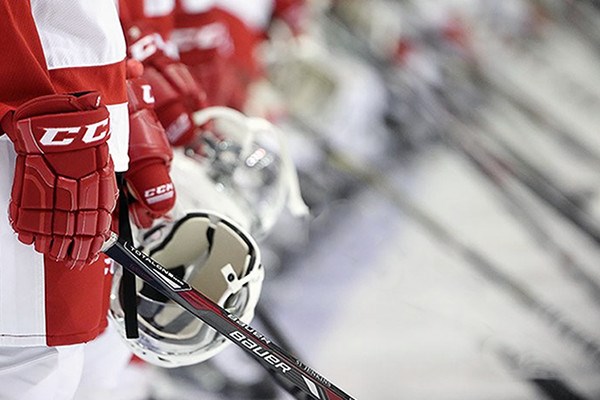On Saturday, the federal government said no to the possibility of the Toronto Blue Jays playing home games at the Rogers Centre in Toronto.
The decision came as the team winds down training camp ahead of the 60-game Major League Baseball regular season, which opens this week.
In a statement issued Saturday, Minister of Immigration, Refugees and Citizenship Marco Mendicino said having regular season games in the southern Ontario city would be riskier than holding training camp.
“Unlike pre-season training, regular-season games would require repeated cross-border travel of Blue Jays players and staff, as well as opponent teams into and out of Canada. Of particular concern, the Toronto Blue Jays would be required to play in locations where the risk of virus transmission remains high," Mendicino said in a statement.
"Based on the best-available public health advice, we have concluded the cross-border travel required for MLB regular season play would not adequately protect Canadians' health and safety. As a result, Canada will not be issuing a National Interest Exemption for the MLB's regular season at this time."
Mendicino did say that the government is open to the possibility of playoff games at the facility if virus transmission goes down between now and then and the Blue Jays qualify.
Consider now the effect this decision has on other sports, specifically junior hockey.
The Ontario Hockey League has yet to release its regular season schedule, an announcement the league usually makes in June.
These are unusual times.
The decision to not allow the Blue Jays play home games in Toronto sets a precedent.
With the OHL having three teams based on the American side of the border, this decision further muddies the waters when it comes to when the OHL season might begin.
OHL Commissioner David Branch said in an interview in June that the league plans to do everything possible to get a full 68-game schedule in for each team.
He also noted at the time that the league would be “hard-pressed” to operate without fans in the stands and the border closure also plays a major role in the decision to return to play.
The current circumstances throw a wrench in the plans of starting on time.
The border between the two countries remains closed until Aug. 21 and could very well be extended further at that point.
The border has already been closed for four months and record high cases in some U.S. states played a major role in the decision to extend the closure. If the numbers don’t drop significantly in the next 30 days, it’s quite possible the border closer could be extended into the fall, making life extremely difficult for hockey leagues like the OHL to move forward with their 2020-21 seasons.
While Branch is in regular contact with his counterparts in the Western Hockey League (Ron Robison) and Quebec Major Junior Hockey League (Gilles Courteau), decisions won’t come easy for any of them in regards to how to move forward if the border remains closed well into the fall.
In addition to the OHL’s three American clubs – Erie Otters, Flint Firebirds, and Saginaw Spirit – the WHL features five U.S.-based teams.
At the end of the day, Saturday’s decision regarding the Blue Jays could mean a similar fate for the OHL, should the border stay closed into the fall. If the number of cases across the board don’t drop significantly over the next 30 days, it could be mid-fall before we see a return to the rinks at the major junior level.
And if that’s the decision that’s made, I’m perfectly fine with a delayed start to the season.
It’s a decision that’s in the best interests of everyone.



